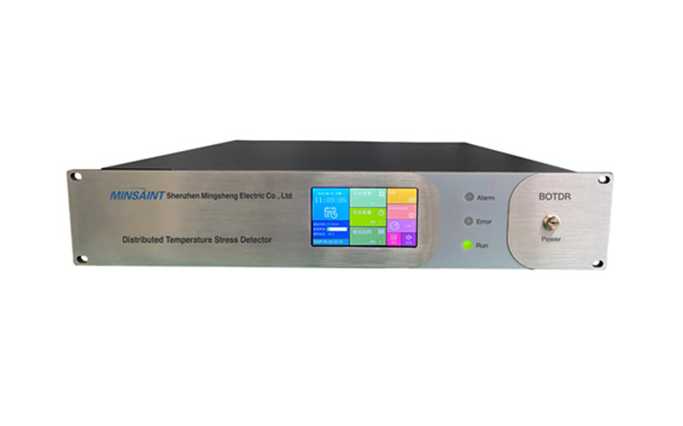In the realm of industrial machinery, pumps play a vital role in various sectors, including manufacturing, oil and gas, and water treatment. One common question that arises is whether all pumps necessitate the use of seal water. In this forum post, we will delve into the intricacies of pump design and operation to provide a comprehensive answer to this query. By exploring different pump types and their specific requirements, we aim to shed light on the necessity of seal water in pump systems.
- Understanding Pump Sealing:
Before addressing the question at hand, it is crucial to grasp the concept of pump sealing. Pump seals are essential components that prevent leakage of the pumped fluid and maintain the integrity of the system. They are typically located at the point where the pump shaft enters the casing. Seal water, in particular, is used to lubricate and cool the seals, ensuring their longevity and efficient operation. - Centrifugal Pumps:
Centrifugal pumps are widely used in various industries due to their simplicity and effectiveness. These pumps rely on an impeller to generate centrifugal force, which propels the fluid through the system. In most cases, centrifugal pumps do not require seal water, as they employ mechanical seals that can operate without external lubrication. However, certain applications with high temperatures or corrosive fluids may necessitate the use of seal water to enhance seal performance and prevent damage. - Positive Displacement Pumps:
Unlike centrifugal pumps, positive displacement pumps operate by trapping and displacing a fixed volume of fluid. This category includes reciprocating pumps, rotary pumps, and diaphragm pumps. Positive displacement pumps generally require seal water to lubricate the seals and maintain a proper seal face interface. The seal water also acts as a barrier, preventing the pumped fluid from entering the seal chamber and causing damage. - Specialized Pump Applications:
In some specialized pump applications, such as high-pressure multistage pumps or certain types of chemical pumps, seal water may be necessary to ensure optimal performance and prevent leakage. These pumps often operate under extreme conditions, where the use of seal water becomes crucial to maintain seal integrity and prevent equipment failure.
Conclusion:
To answer the question, "Do all pumps need seal water?" the response is dependent on the type of pump and its specific application. While centrifugal pumps generally do not require seal water, positive displacement pumps and certain specialized pump applications may necessitate its use. Understanding the intricacies of pump sealing and considering factors such as temperature, fluid properties, and operating conditions are crucial in determining the need for seal water in a pump system.





